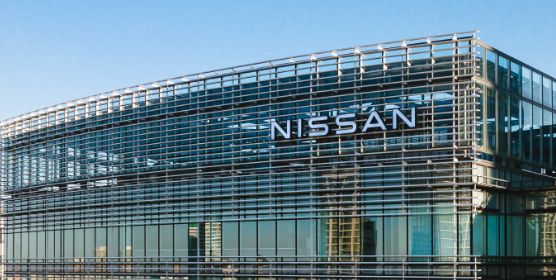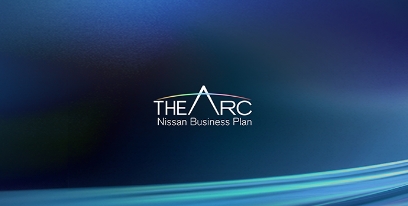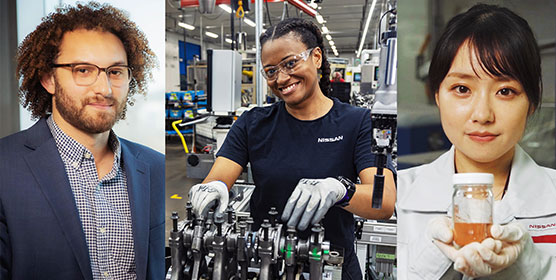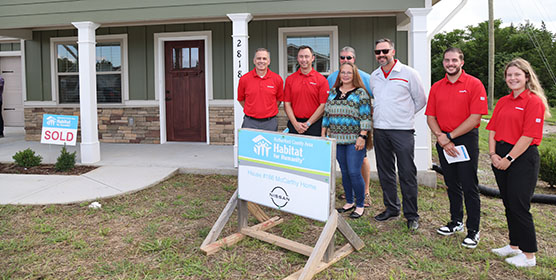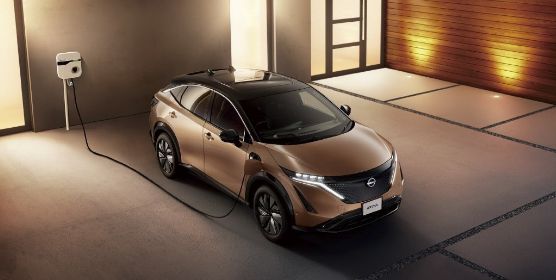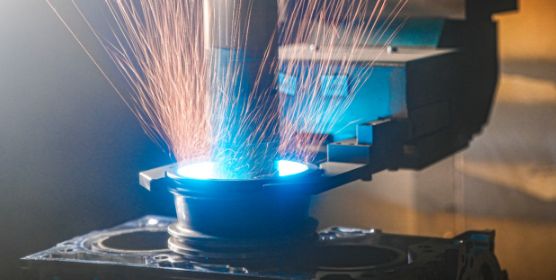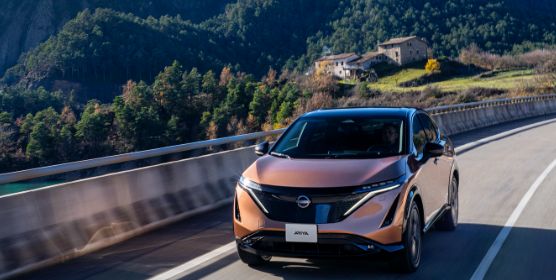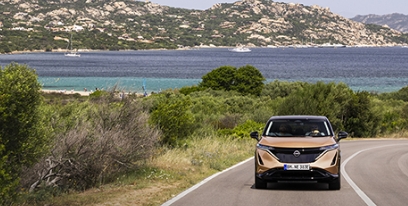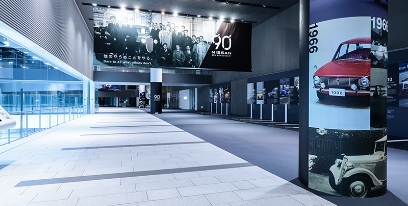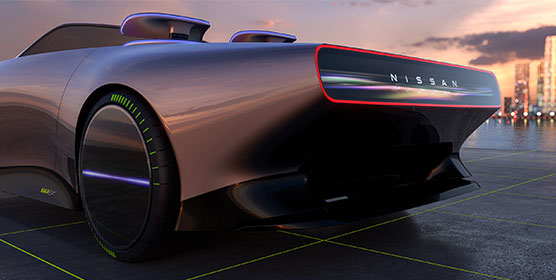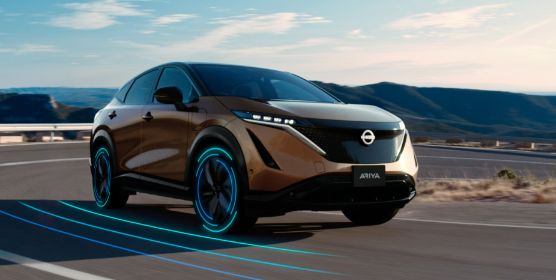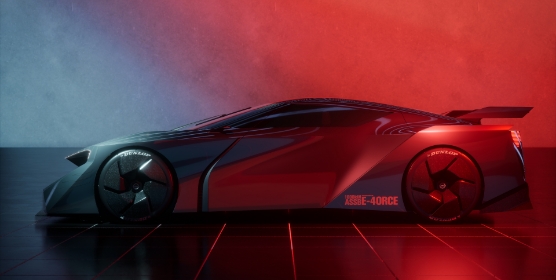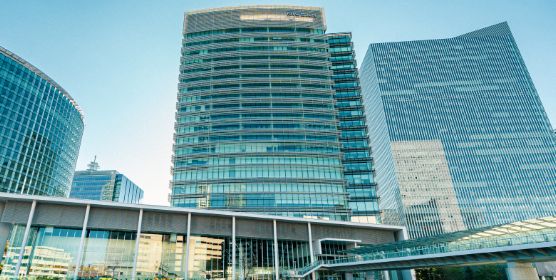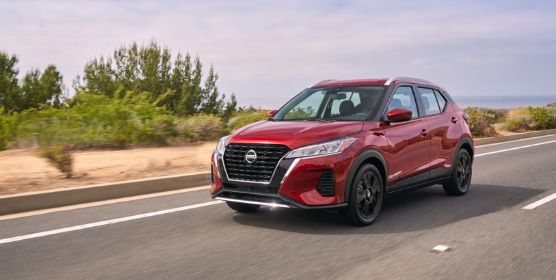Activities at Dealers
Nissan Green Shop Activities
- Repair/Rebuilt
Wide-ranging
environmental
efforts
at
our
dealerships-including
separation
of
waste,
recycling,
and
energy-saving
activities-are
essential
to
earning
customer's
trust
and
recognition
of
Nissan’s
environmental
activities.
In
April
2000,
Nissan’s
sales
companies
in
Japan
introduced
an
original
approach
to
environmental
management
based
on
ISO
14001
certification
called
the
Nissan
Green
Shop
certification
system,
and
continue
to
raise
the
level
of
environmental
activities.
Dealerships
certified
in
Nissan
Green
Shop
have
appointed
environmental
managers
and
secretariats
to
be
in
charge
of
environmental
activities,
and
established
a
system
for
the
activities.
Working
within
this
system,
they
ensure
that
end-of-life
vehicles
and
waste
are
disposed
of
properly,
and
manage
environmental
facilities,
and
conduct
public
relations
and
other
activities
to
inform
customers
of
Nissan's
environmental
efforts.
Automobile dealerships are subject to various laws and regulations. The dealerships certified in Nissan Green Shop stay up to date on the practices to be carried out through the manual complied with the Automobile Recycling Law. The status of activities is monitored during regular inspections.
Recycling: Sales of Nissan Green Parts in Japan
- Repair/Rebuilt
Nissan
Green
Parts
is
the
name
given
to
still
usable
parts
that
Nissan
recovers
from
end-of-life
vehicles
and
sells
after
reconditioning.
In
fiscal
1998
and
1999,
the
first
years
Nissan
Green
Parts
were
available,
sales
reached
only
2
million
yen,
however
in
fiscal
2013
grew
to
¥1.5
billion.
This
growth
demonstrates
that
customers
recognize
Nissan
Green
Parts
as
a
reasonable
option
for
use
in
repairs
of
their
vehicles.
We
plan
to
improve
the
matching
rate
between
the
parts
collected
by
recyclers
and
our
customers'
needs,
and
make
further
efforts
to
give
customers
exactly
what
they
want.
Nissan Green Parts include both reused and rebuilt parts. Reused parts are recovered parts that have been cleaned and passed a quality check, while rebuilt parts are those that have been disassembled, washed, checked, and had worn components replaced.
Lineup
of
rebuilt
parts
|
Lineup
of
reused
parts
|
|---|---|
| Automatic transmissions, brake shoes, power steering pumps, alternators, starters, drive shafts, power steering gears, turbochargers, air-conditioner compressors, injection pumps, CVT, viscous coupling and throttle chamber.. | Headlamps, combination lamps, doors, door mirrors, fenders, bumpers, hoods, meters, starters, wiper motors, drive shafts, and power steering and linkage. |

|

|
Bumper recovery and recycling in Japan
- Recycling
Nissan is working to collect and recycle used plastic bumpers obtained during the repair and replacement of vehicle parts at dealers nationwide. The collected bumpers are recycled into plastic parts for new vehicles through a recycling process. These efforts were begun at dealerships in 1992, and are becoming firmly entrenched.

Collected bumper
Compliance with Automobile Recycling Laws
- Recycling
Activities matched to the regulations and conditions in each country
Nissan
makes
every
effort
to
satisfy
the
various
laws
and
regulations
related
to
end-of-life
vehicles.
To
assure
our
customers
that
end-of-life
vehicles
are
being
disposed
of
and
recycled
properly,
we
are
cooperating
with
various
partners
to
raise
the
effectiveness
of
our
activities.
Laws
and
regulations
differ
by
country
and
region;
the
social
infrastructure,
including
collection
routes
and
the
status
of
recycling
industries,
also
varies.
Our
basic
policy
at
Nissan
is
"global
products,
local
disposal."
While
we
have
common
design
criteria
for
the
world,
end-of-life
vehicles
must
be
dealt
with
in
full
consideration
of
the
situation
in
each
country
and
region.
In
Japan,
as
industrial
waste
landfills
approach
their
capacity
and
illegal
dumping
and
disposal
of
shredder
residue
is
a
concern,
Japan's
Automobile
Recycling
Law
went
into
effect
on
January
1,
2005,
and
requires
that
automobile
manufacturers
collect
and
recycle
Automobile
Shredder
Residue(ASR),
chlorofluorocarbons,
and
airbags.
In
Europe,
an
EU
directive
on
end-of-life
vehicles
was
issued
in
2000,
and
places
the
burden
of
responsibility
for
recycling
end-of-life
vehicles
on
manufacturers
and
dealers.
In
addition
to
Japan
and
Europe,
Nissan
has
begun
conducting
surveys
on
recycling
trends
in
North
America,
Central
and
South
America,
and
Asia.
Future
tasks
will
be
based
on
Nissan's
global
policy,
with
a
local
approach
suited
to
the
regulatory
environment
and
industry
of
each
country.
Chlorofluorocarbon recovery
Nissan
has
contracted
the
Japan
Automobile
Recycling
Promotion
Center
to
recover
and
destroy
specified
chlorofluorocarbons
(CFC12)
and
their
alternatives,
hydro-fluorocarbons
(HFC134a),
which
are
used
as
alternatives
to
chlorofluorocarbons,
based
on
a
law
for
the
recovery
and
destruction
of
chlorofluorocarbons
that
went
into
effect
in
October
2002.
Since
January
2005,
Nissan
has
been
conducting
its
own
processes
based
on
the
Automobile
Recycling
Law
to
break
down
recovered
chlorofluorocarbons
(CFC12)
and
the
hydro-fluorocarbons
(HFC134a)
that
are
used
as
their
substitutes.

Chlorofluorocarbon recovery tanks
Activities in Japan
Since the passage of the Automobile Recycling Law in 2002, we have conducted preparations in various fields to meet its requirements, including continuing work to raise the recoverability of new vehicles, developing dismantling technologies, and preparing responses at our dealerships and developing overall systems.
Automobile Shredder Residue Recycling Promotion Team (ART)
As part of its efforts to comply with the law and increase the efficiency of its resource recovery, Nissan is one of 11 automobile manufacturers and other firms that formed the ASR Recycling Promotion Team (ART). As a leading member of the ART, Nissan is working to improve recovery cost efficiency for vehicle owners.

※Automobile Shredder Residue Recycling Promotion Team (ART)
Activities in Europe
In Europe, an EU directive on end-of-life vehicles issued in October 2000 places the burden of responsibility for collection and recycling of end-of-life vehicles on manufacturers and dealers (distributors). EU countries have enacted various laws based on this directive.
Alliance with Renault
Nissan Europe and Renault S.A. have joined together to build an end-of-life vehicle collection and recycling network, gather information and provide support to dealerships in each EU country.
Provision of dismantling information

In Europe, automakers must provide dismantling information for new vehicles to automobile scrappers. To meet this requirement, Nissan is participating in the International Dismantling Information System (IDIS) started and operated jointly by a consortium of automobile manufacturers. This system prepares dismantling information in electronic formats.
Activities in South Korea
South Korea enacted regulations for end-of-life vehicles in January 2008, which place responsibility for collection and recycling of end-of-life vehicles on the automobile manufacturer or automobile importer. Nissan Motor Company and Nissan Korea are working together to meet these regulations.



